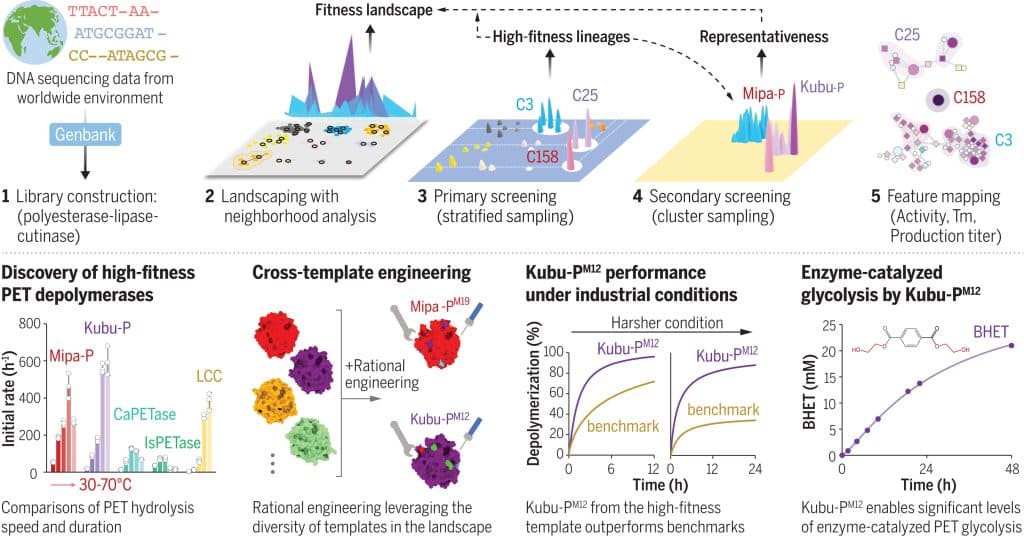Going Forward To The Beginning…
A young girl asks herself “Who am I? What am I?”
She is too young to answer. There is nobody to guide her. The question remains unanswered and fades away with the time. The question fades away but a feeling of something missing stays. Time passes, she does not ask the question anymore, but still there is uneasiness inside her. She cannot put her finger on it. Her mind is strong, her will power is even stronger. She decides that it is not logical to have this strange feeling of something she cannot identify. So, she directs her mind to suppress this feeling. Time passes. Logical thinking comes easily to her, it becomes her. Years pass. Life happens. There is a lot of happiness, but also tragedies. She feels overwhelmed by this constant fight between logic and emotion, this feeling of fire inside her. She turns to Tai Chi. And then, seemingly out of nowhere (to her), her Tai Chi Master pulls her aside and tells her “I am going to help you”. And so begins her journey to answering this long forgotten question “Who am I? What am I?”



